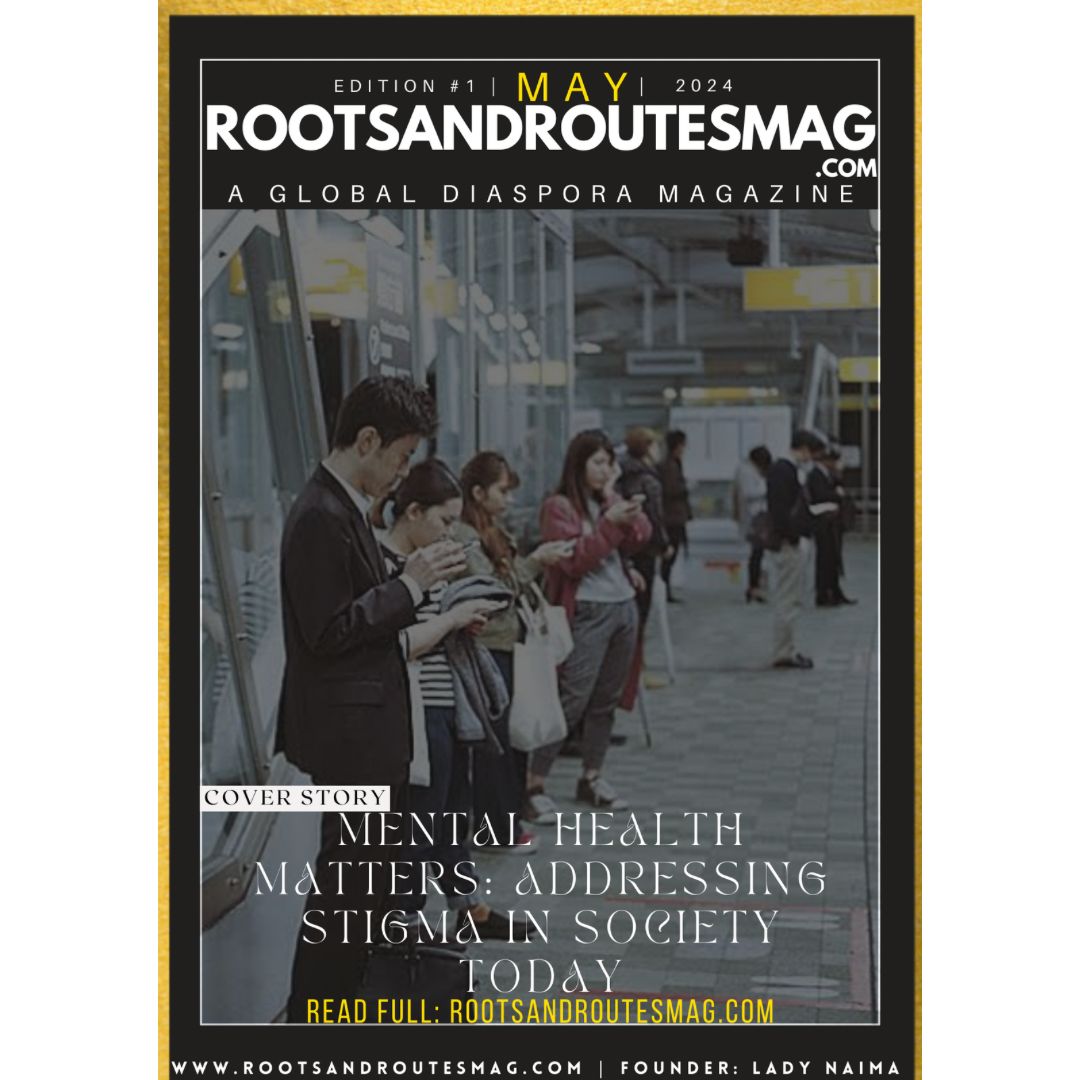Mental Health Matters: Addressing Stigma in Society Today

In the intricate tapestry of human existence, mental health is a crucial thread. It shapes our thoughts, emotions, and actions, influencing every aspect of our lives. However, despite its significance, mental health often lurks in the shadows, shrouded in stigma and misunderstanding. In today’s society, addressing this stigma is not just a choice but a moral imperative.
Stigma surrounding mental health manifests in various forms, from subtle stereotypes to outright discrimination. It casts a dark shadow over individuals grappling with mental health conditions, often leading to silence, shame, and isolation. This stigma stems from deep-rooted misconceptions, societal norms, and cultural attitudes that portray mental illness as a sign of weakness or personal failure. Such perceptions not only undermine the experiences of those affected but also impede their access to support and treatment.
One of the primary barriers to combating mental health stigma lies in the realm of education and awareness. Many individuals lack a fundamental understanding of mental health conditions, perpetuating myths and misconceptions through ignorance. Consequently, fostering open dialogue and providing accurate information are crucial steps in dismantling these harmful beliefs. By promoting mental health literacy in schools, workplaces, and communities, we can cultivate empathy, understanding, and acceptance.
Moreover, challenging stigma requires us to confront the language we use surrounding mental health. Words possess immense power, shaping our perceptions and attitudes. Therefore, it is essential to adopt language that is respectful, inclusive, and destigmatizing. Instead of labeling individuals with mental health conditions as “crazy” or “broken,” we should emphasize their resilience, strength, and humanity. By reframing the narrative, we can dismantle stereotypes and foster a culture of compassion and support.
Additionally, media representation plays a pivotal role in shaping societal attitudes towards mental health. Too often, portrayals of mental illness in the media are sensationalized or inaccurate, perpetuating harmful stereotypes and misconceptions. Thus, there is a critical need for responsible and authentic depictions of mental health experiences in the media. By amplifying diverse voices and narratives, we can challenge stigma and promote understanding.
Furthermore, addressing mental health stigma necessitates systemic changes within healthcare systems and policies. Access to mental health services remains unequal and inadequate, particularly for marginalized communities. To truly champion mental health, we must prioritize investment in accessible, culturally competent, and stigma-free services. This includes destigmatizing mental health care within healthcare settings, ensuring equitable access to treatment, and integrating mental health support into primary care services.
Beyond institutional reforms, grassroots activism and advocacy are vital in challenging mental health stigma. Individuals with lived experiences of mental illness, along with allies and supporters, play a crucial role in driving social change. By sharing their stories, advocating for policy reforms, and challenging discriminatory practices, they inspire hope and catalyze progress. Together, we can create a society where mental health is valued, supported, and prioritized.
In conclusion, addressing mental health stigma is a collective responsibility that requires concerted efforts from individuals, communities, and institutions. By fostering education, promoting respectful language, reforming media representations, improving access to care, and championing grassroots activism, we can break the chains of stigma and create a more compassionate and inclusive society. Let us stand united in our commitment to prioritize mental health and ensure that no one suffers in silence. After all, mental health matters – today, tomorrow, and always.

Tariq Riaz is a passionate web developer and content generation expert.








